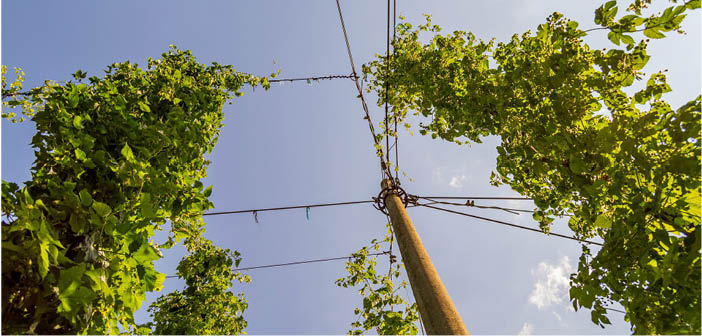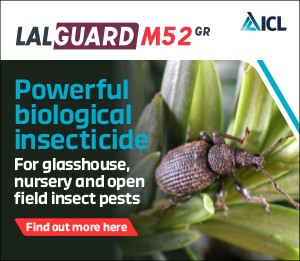A major new collaborative project between University of Kent researchers and Wye Hops, together with NIAB, the British Hop Association, The Hop Plant Company and LGC Genomics has been awarded over half a million pounds by Defra through UK Research and Innovation (UKRI) to develop environmentally resilient ‘super hop’ varieties.
The £574k five-year project will involve Dr Helen Cockerton, industrial research fellow at the university’s School of Biosciences, working closely with hop breeder Dr Klara Hajdu to create hop varieties which are more resilient to drought, pests and diseases.
The organisations point out that while there is a huge potential for UK-grown hops, growers need to overcome a series of major challenges, including Verticillium wilt, which is currently untreatable and able to kill entire hop gardens. In addition, extreme heat and droughts are also becoming more commonplace in the UK.
In what is one of the first hop breeding programmes in the world to a use DNA screening, this new project aims to provide a solution to these challenges and supply UK breweries with high quality, sustainably produced, local hops. Dr Cockerton commented, “The tools we will develop through this project will enable us to generate better hops faster than we could achieve through using traditional approaches alone.”
Dr Hajdu added, “Through this collaboration we are not only addressing important issues such as the development of climate resilient British hop varieties but also re-establishing a dynamic, research-driven hop breeding programme capable of future proofing the UK hop and brewing industries in the face of evolving challenges.”












